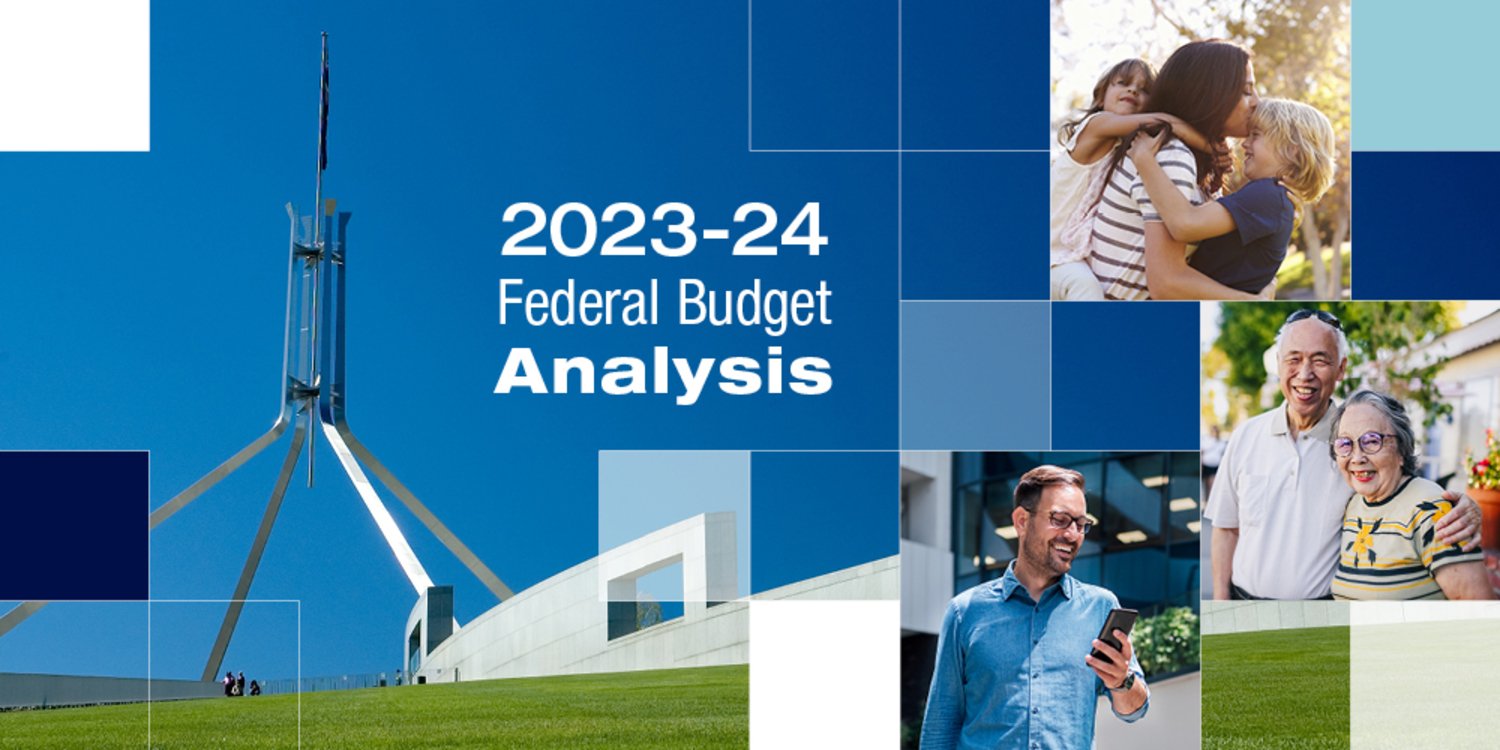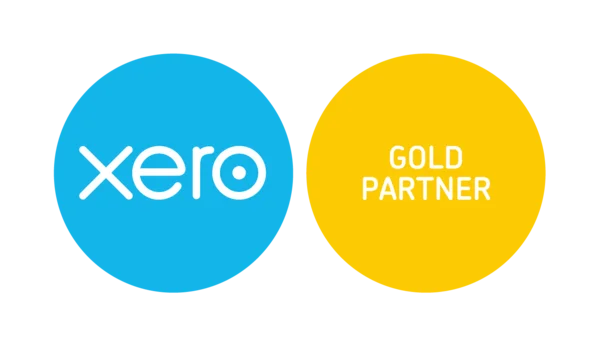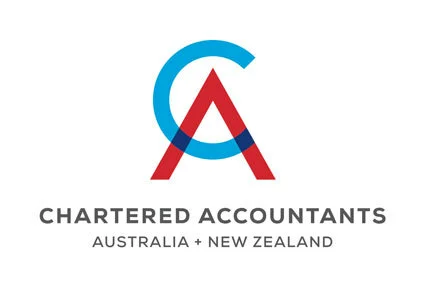Tax Alert June 2023

Budget incentives and crackdowns on unpaid tax debts and rental deductions
Although this year’s Federal Budget was short on big changes when it came to tax, there still have still been some important developments in this area. Here are some of the latest developments in the world of tax.
Small business tax incentives and write-offs
The budget ushered in some valuable new tax incentives for small businesses, including halving the increase in quarterly tax instalments from 12 per cent to 6 per cent for both GST and income tax during 2023-24.
The government also introduced a bonus 20 per cent deduction for businesses with turnovers under $50 million when they spend on energy saving upgrades. Up to $100,000 of total expenditure will be eligible, with the maximum bonus tax deduction being $20,000 per business.
Although smaller than the previous year, the instant asset write-off continues in 2023-24 with up to $20,000 available for immediate deduction on eligible assets.
The planned third tranche of personal income tax cuts due to start next financial year also remained in place, while >the low and middle income tax offset was not extended.
Super changes for employers
Another significant tax change announced in the budget will affect employers. From 1 July 2026 employers will be required to pay their Super Guarantee (SG) obligations at the same time they pay employee salary and wages.
The ATO has received additional resources to help it detect unpaid super payments earlier.
Employers also need to remember the SG amount for employee super rises to 11 per cent from 1 July 2023.
Tax debt warnings sent out
The ATO is continuing to write to directors of companies with tax debts warning if the company hasn’t paid the amount owing or contacted it to make other arrangements, a director penalty notice(DPN) may be issued.
DPNs are issued to current directors and anyone who was a director at the time the company failed to pay. They make directors personally liable for failure to meet pay-as-you-go withholding (PAYGW), GST and Super Guarantee Charge obligations.
Directors receiving these letters need to arrange payment of the overdue amount or enter into a payment plan.
Data-matching adds investment properties
Residential investment property loans (RIPL) are the latest target of the ATO’s increasingly wide-ranging data-matching program.
Data will be obtained from financial institutions including all the major banks, regional banks and building societies.
The information is being collected following the ATO’s identification of a tax gap of $1 billion for individuals in the 2020-21 financial year due to incorrect reporting of rental property expenses.
Self-education expenses under spotlight
The ATO is currently developing a new draft taxation ruling covering the deductibility of self-education expenses incurred by an employee or an individual carrying on a business.
The draft ruling will reflect the current rules in this area following repeal of several sections of the Income Tax Assessment Act and some new legal decisions. The new ruling is expected to be completed in late June.
Taxpayers claiming self-education expenses recently had the existing requirement to exclude the first $250 of deductions removed.
GST fraud enforcement continues
Search warrants were executed in three states against individuals suspected of promoting the fraud. This follows previous compliance action against more than 53,000 people, with two individuals sentenced to jail time for their GST fraud activities.
Cyber safety checklist released
The ATO is again emphasising the importance of business cyber safety by releasing a new checklist for small businesses.
The tips include simple ideas for keeping business and client data safe from cybercriminals, such as turning on automatic updates and using multi-factor authentication when possible.
Resources for training staff on preventing, recognising, and reporting cyber incidents are available from the government’s Australian Cyber Security Centre.







